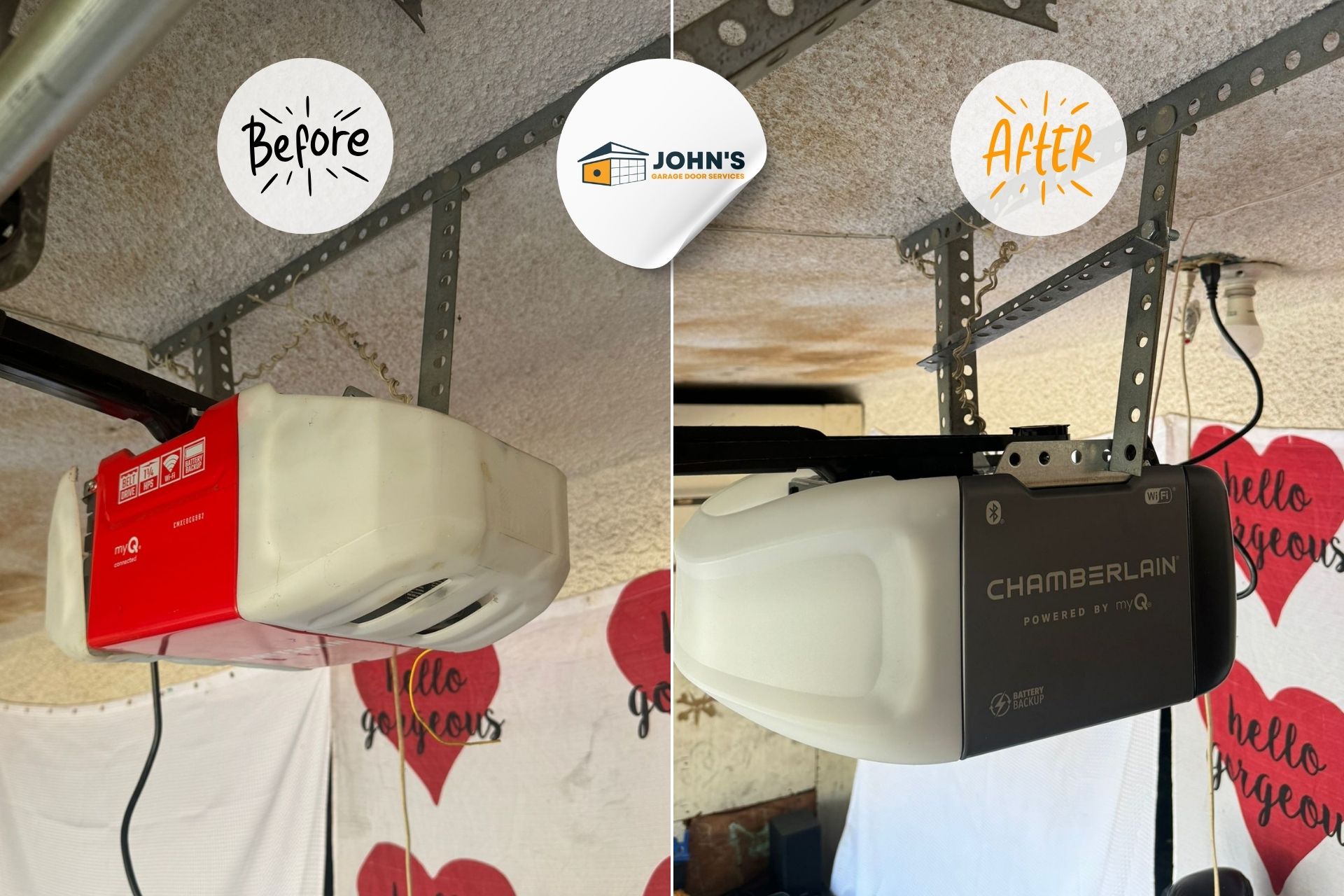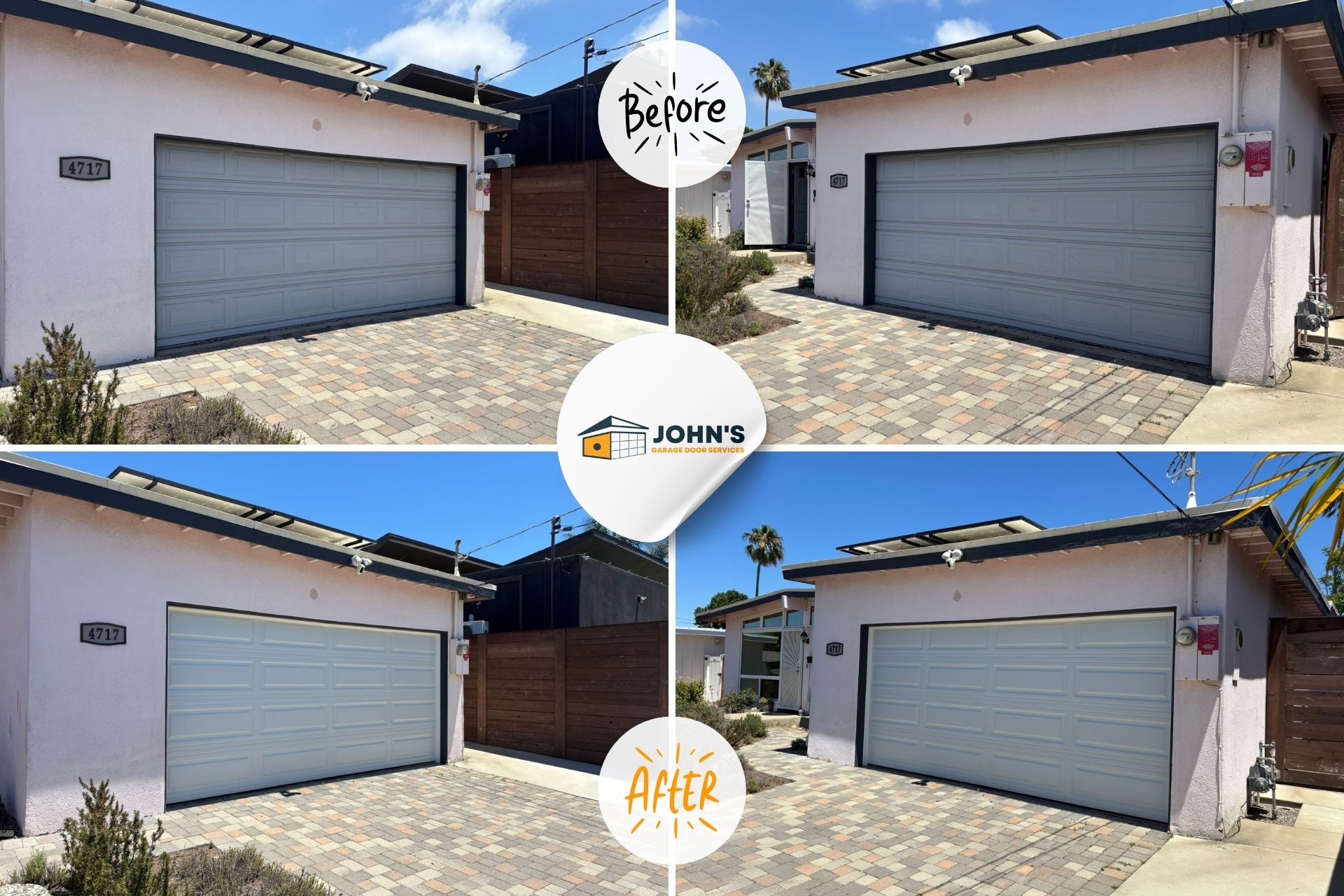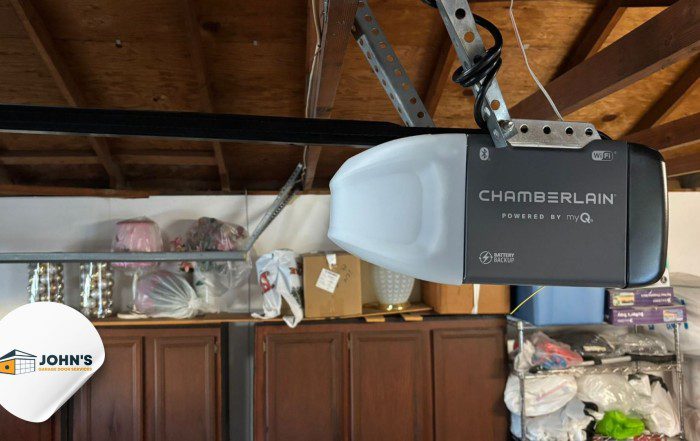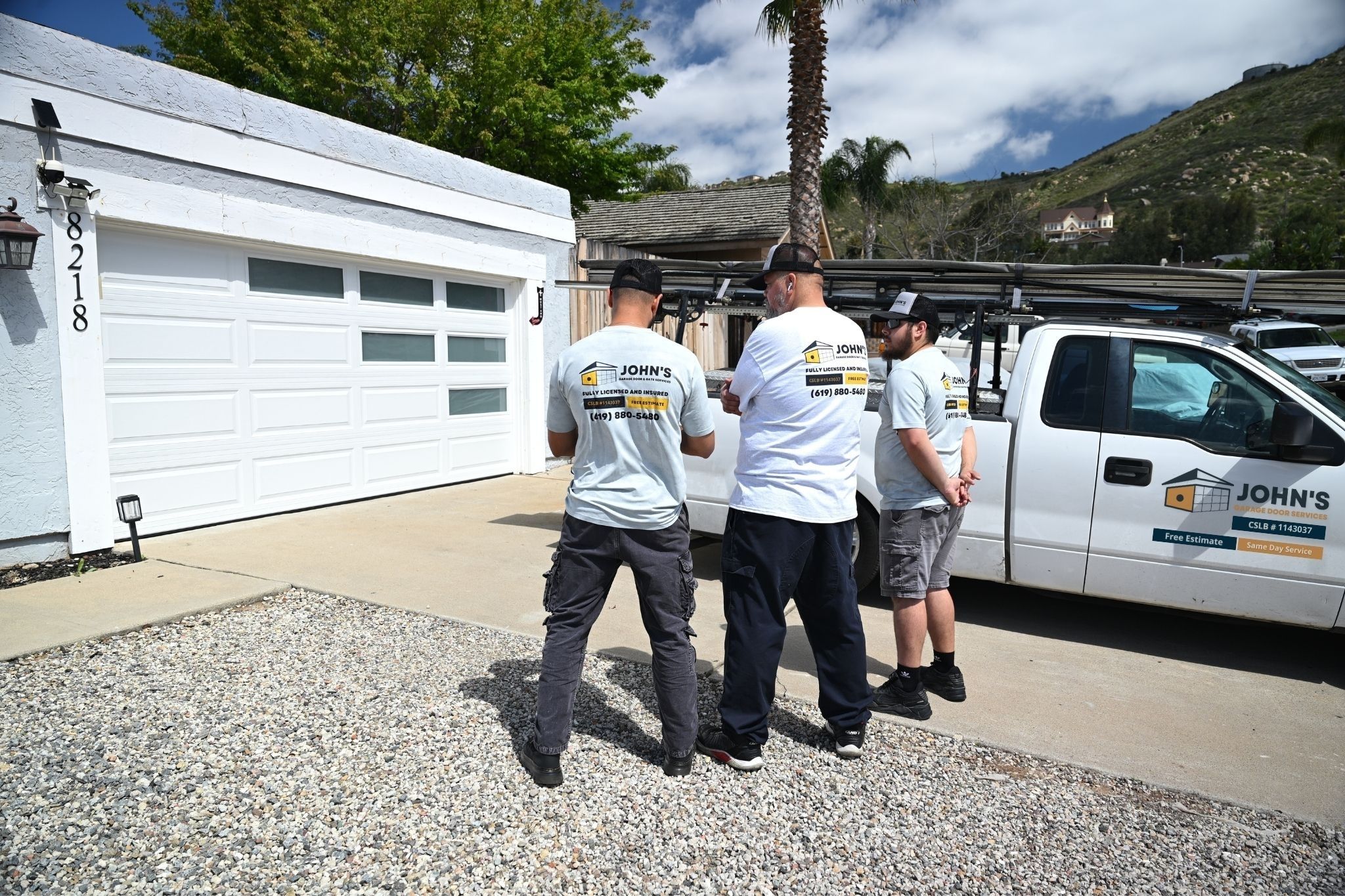
Your Complete Guide to a Quieter Garage Door System
A noisy garage door can be more than just an annoyance, it can be a warning sign of underlying issues that may lead to costly repairs. Whether your garage door screeches, bangs, rattles, or groans, understanding the root causes and learning how to reduce the noise can dramatically improve your comfort and the longevity of your garage door system.
In this article, we’ll explore the top ways to reduce garage door noise while optimizing the content for search engines to help homeowners find actionable advice quickly.
1. Lubricate All Moving Parts Regularly
One of the easiest and most cost-effective ways to reduce garage door noise is by applying a high-quality silicone- or lithium-based garage door lubricant to all moving parts. This includes:
- Rollers
- Hinges
- Tracks
- Springs
- Bearings
- Chains or belt drives
Regular lubrication reduces friction, prevents rust buildup, and keeps your door operating smoothly. For best results, Lubricate Your Garage Door components every 3 to 6 months. Many homeowners searching online for “how to make my garage door quieter” are often dealing with dry or squeaky parts that a quick lube can resolve.
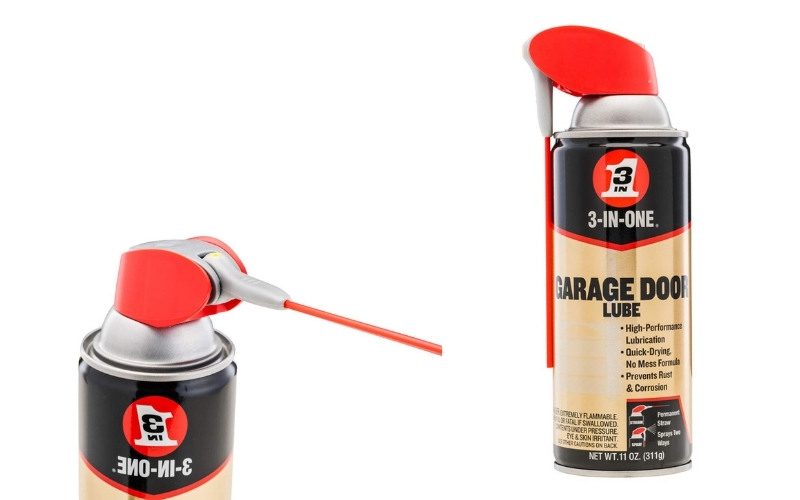
2. Upgrade to Nylon Rollers
Steel rollers are durable but notoriously noisy. Replacing them with nylon rollers can significantly reduce garage door noise. Nylon rollers are quieter, require less maintenance, and create less vibration during operation. Search queries like “quiet garage door rollers” or “nylon vs steel rollers” often lead homeowners to this simple yet effective upgrade.
3. Tighten or Replace Loose Hardware
Loose nuts, bolts, and screws can cause rattling or clanking sounds. Over time, the vibration from normal operation can loosen the hardware that holds the garage door system together. Inspect and tighten all fasteners along the tracks, brackets, hinges, and opener mount. If the parts are worn or rusted, replace them. This is a common fix for those searching “garage door making loud banging noise.”
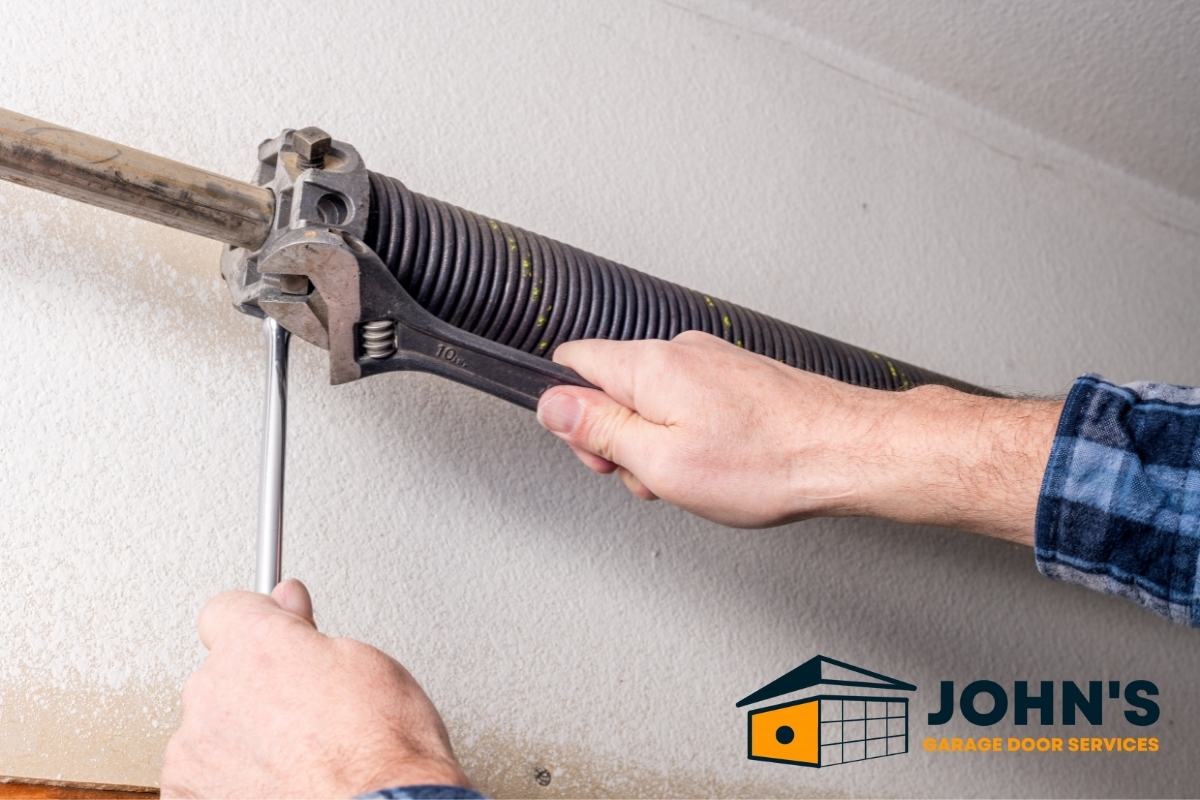
4. Install a Vibration Isolator on the Garage Door Opener
Many garage door openers are mounted directly to the ceiling joists with metal brackets, which can amplify motor vibrations. Installing rubber vibration isolators or anti-vibration pads between the opener and the ceiling can help absorb sound and reduce transfer to the structure. Users often search for terms like “how to stop garage door motor noise upstairs” or “garage door shakes house” when this fix is most needed.
5. Replace or Adjust Garage Door Springs
Worn or unbalanced springs can create loud popping or screeching noises. Since torsion and extension springs are under high tension, it’s best to have a professional inspect and replace them if needed. If your garage door makes noise during opening or closing and seems uneven, faulty springs might be to blame. SEO tip: Target phrases like “garage door spring noise” or “noisy torsion spring” for related search traffic.
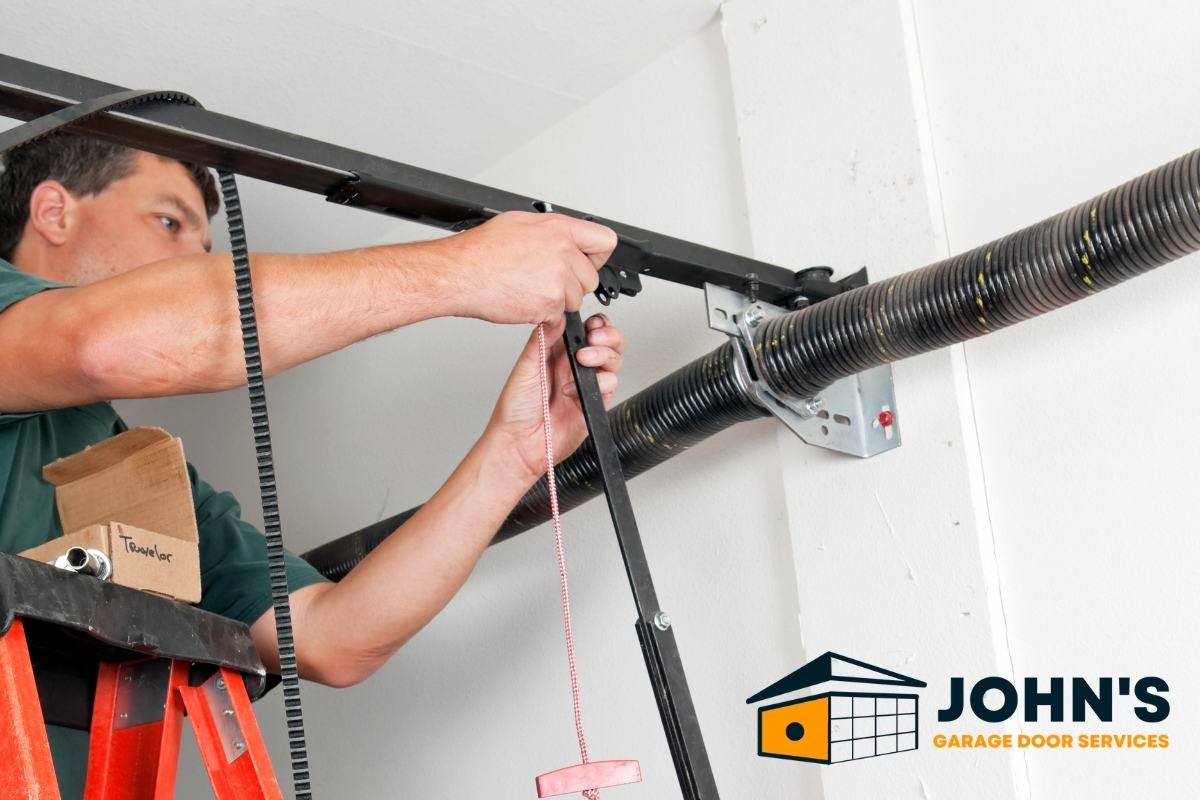
6. Check and Align the Garage Door Tracks
Misaligned or bent tracks can cause scraping or grinding noises as the door moves. If you notice unusual sounds along with jerky movement, check to ensure the tracks are straight, level, and free of obstructions. Realigning the tracks or replacing damaged sections can eliminate this type of noise completely.
7. Insulate the Garage Door
While not a direct fix for mechanical noise, adding insulation to your garage door can help absorb sound and reduce outside noise pollution. Insulated garage doors also offer better temperature regulation and energy efficiency, making it a great upgrade fo
r comfort and quiet. Keywords like “garage door insulation noise reduction” are trending in areas with fluctuating temperatures and noise concerns.
8. Consider a Quieter Garage Door Opener
If your garage door opener is chain-driven and over 10 years old, consider upgrading to a belt-drive or wall-mounted opener, which runs much quieter. Modern openers also come with soft-start and soft-stop features that further reduce operational noise. Homeowners frequently search “quiet garage door opener” or “best opener for noise reduction” when looking to replace outdated models.

Final Thoughts
Reducing garage door noise doesn’t always require a complete system overhaul. In many cases, a few adjustments or upgrades can dramatically improve performance and peace of mind.
Whether you’re tackling it yourself or Hiring A Professional, addressing garage door noise early helps maintain the system and avoid bigger problems later. For more tips or to schedule an inspection, contact a local garage door expert today.
John Josef – 15 Years of Garage Door Expertise – John’s Garage Door Services, Locally Owned and Operated. We provide top-quality garage door repair, installation, and maintenance with a strong commitment to honest, reliable customer service.

